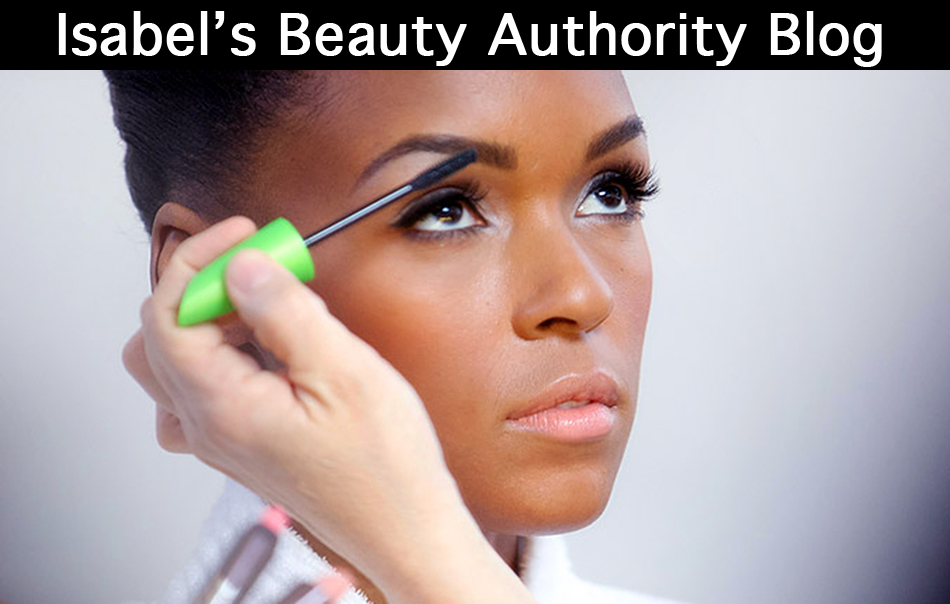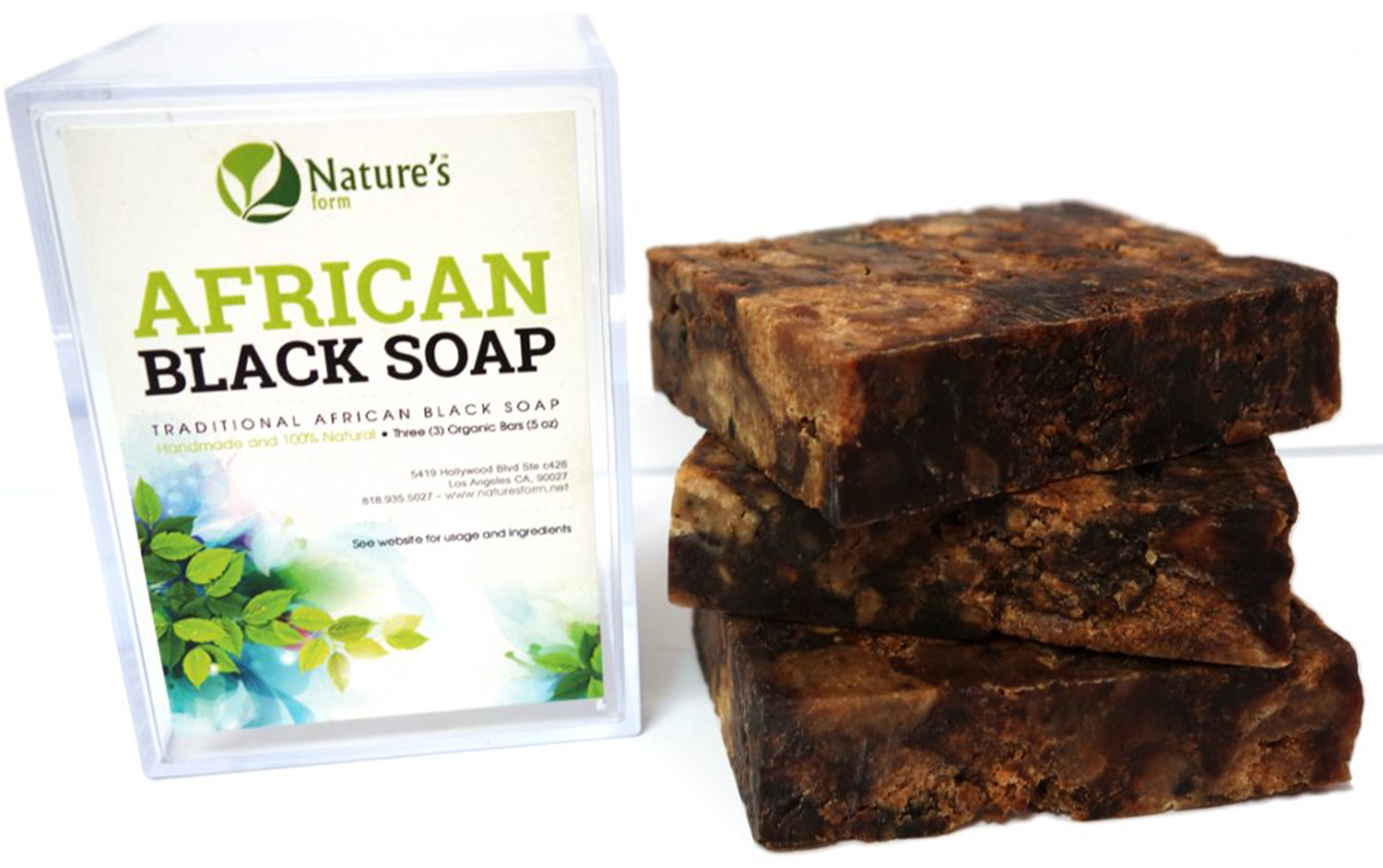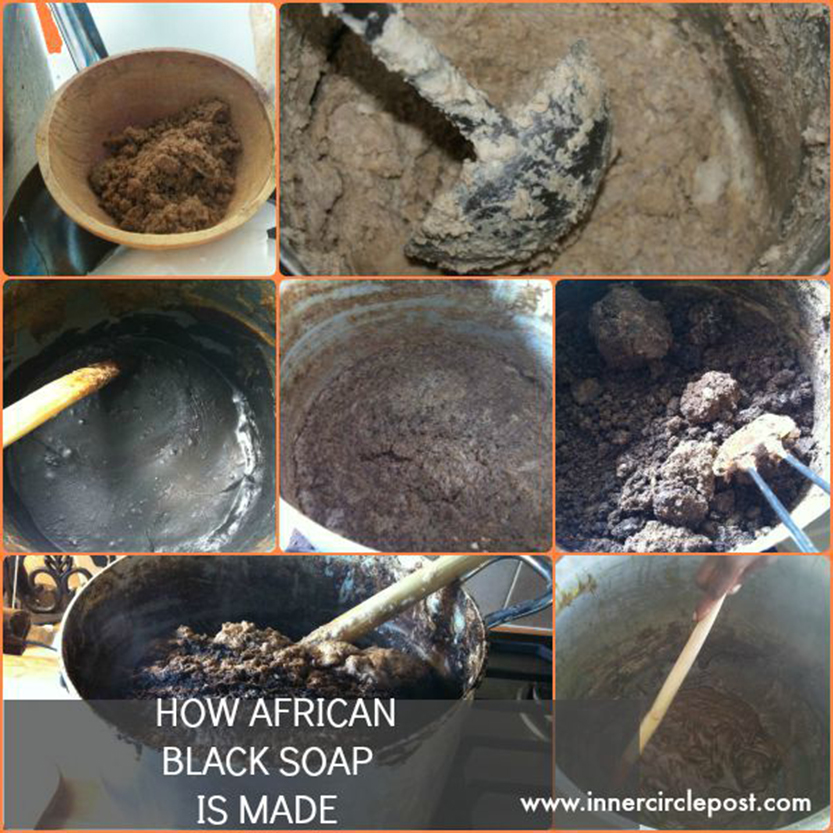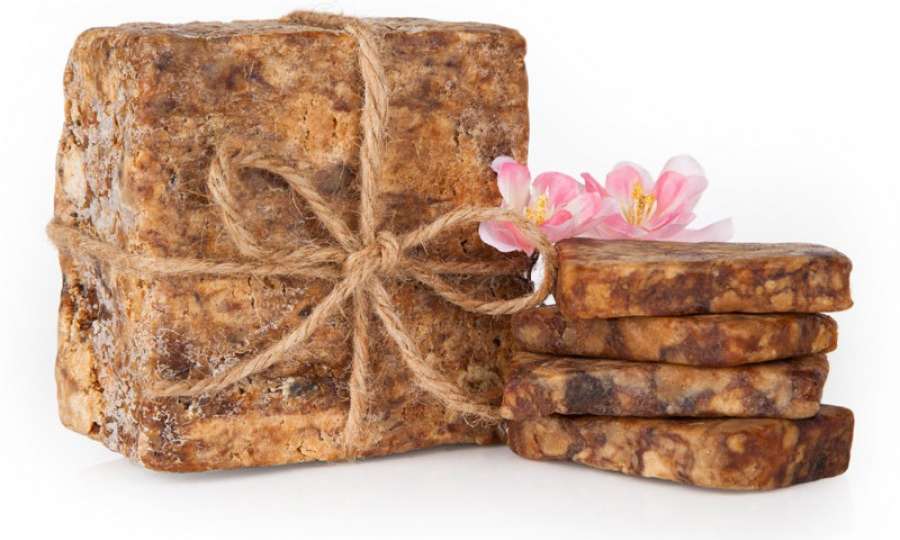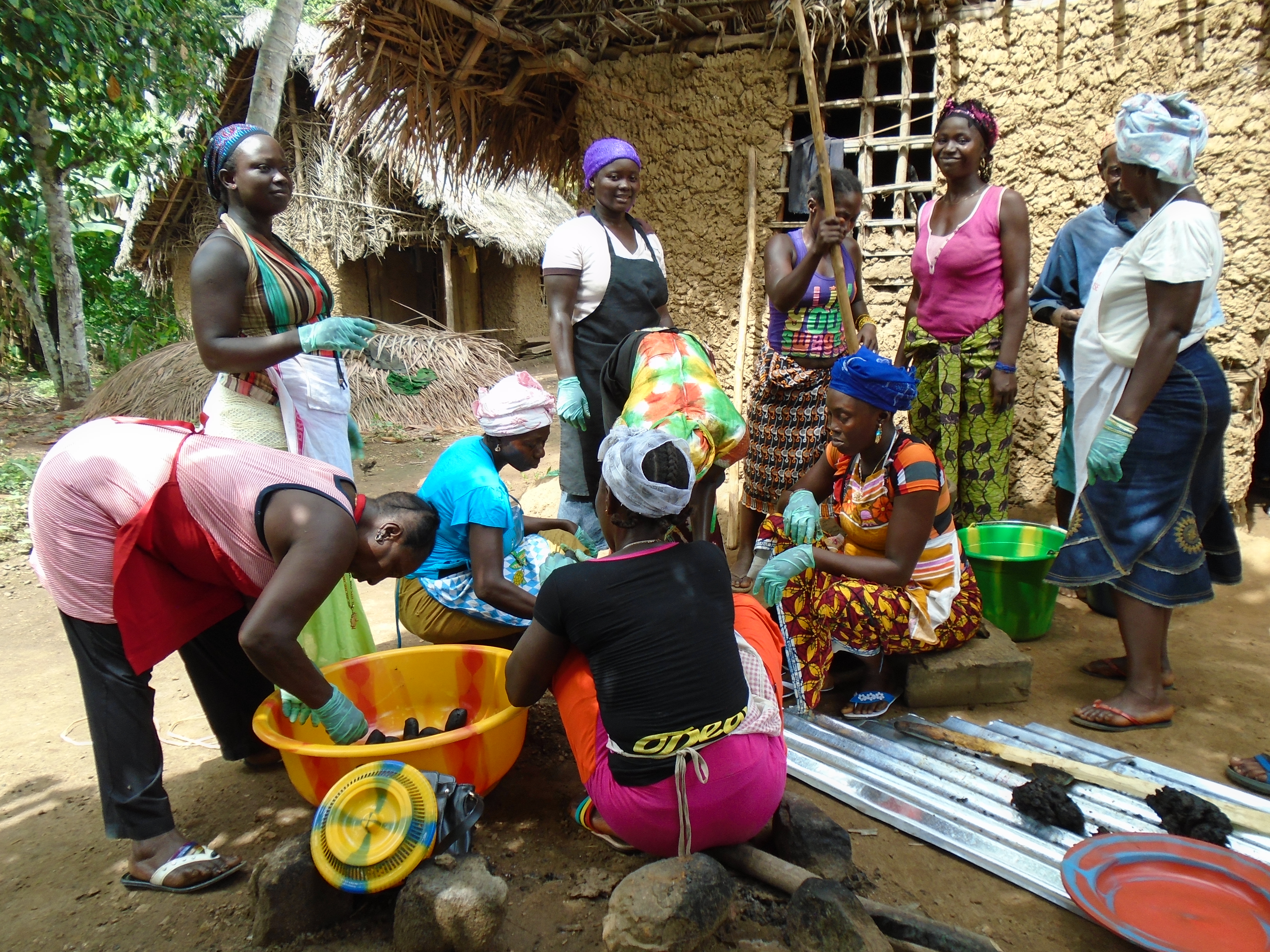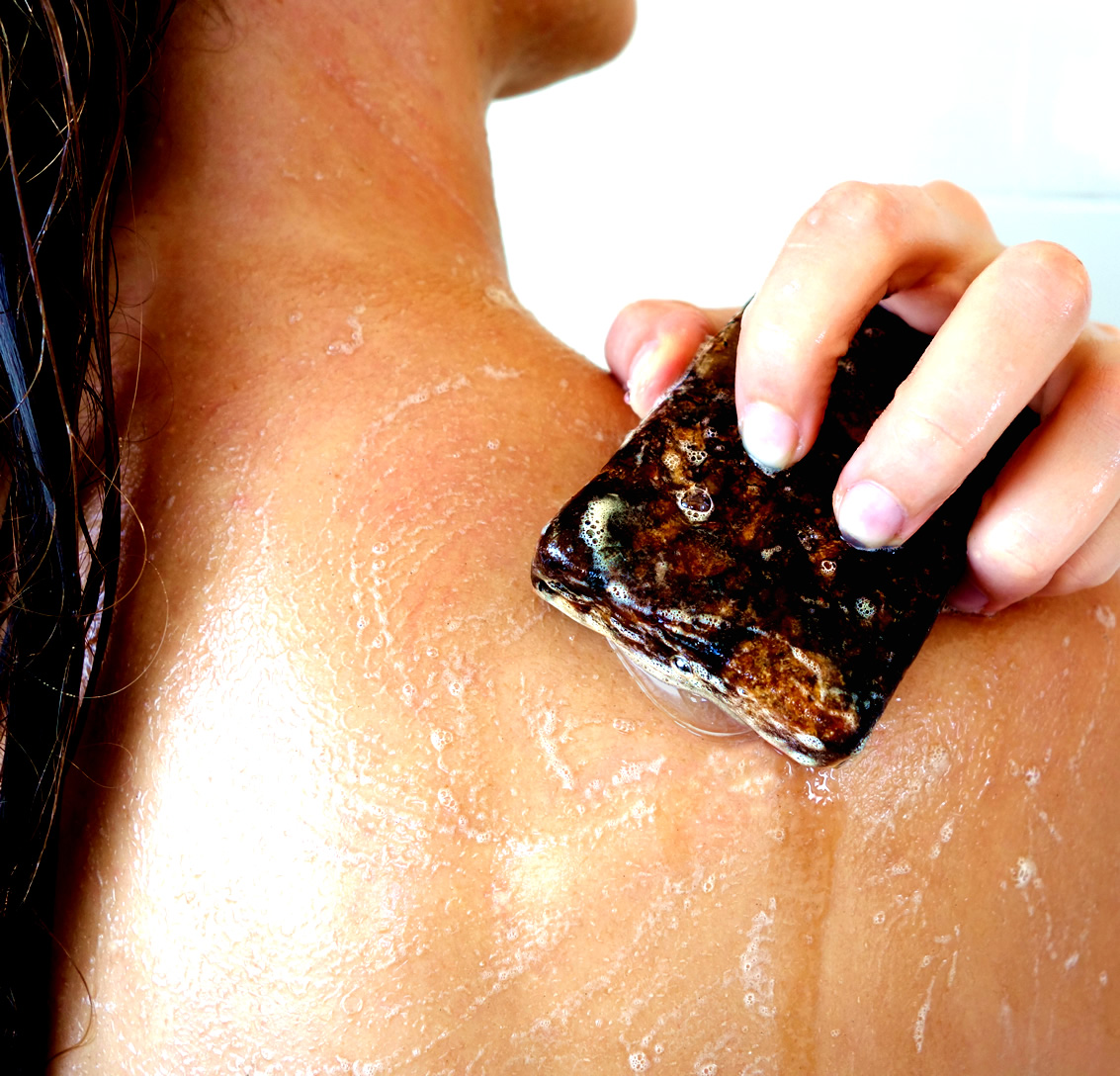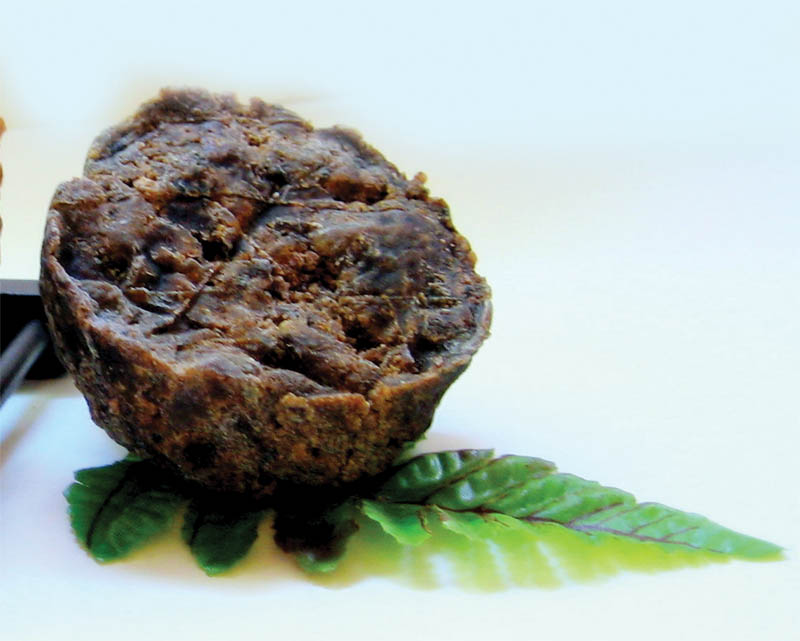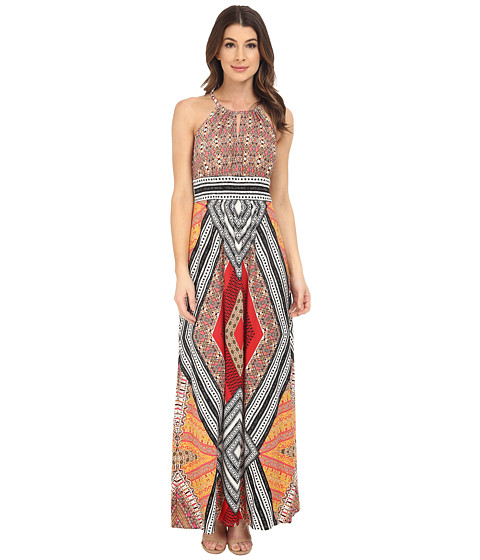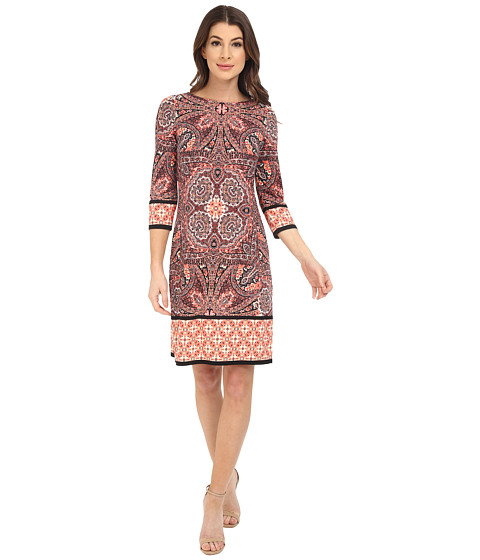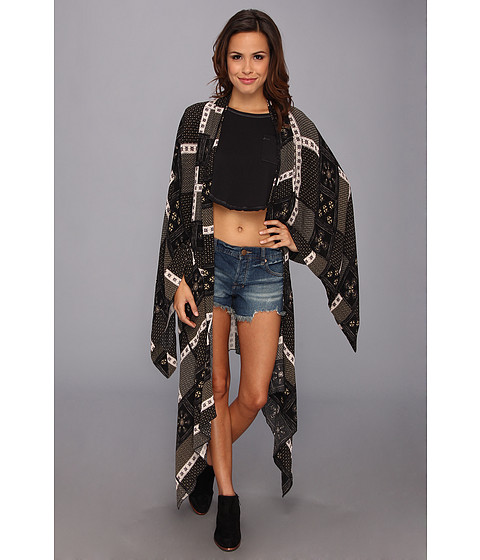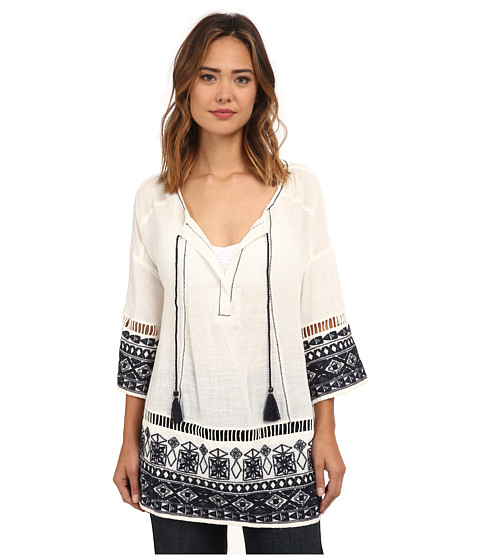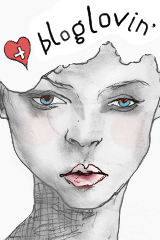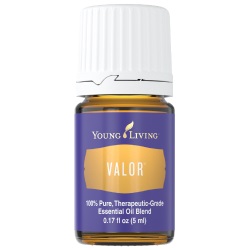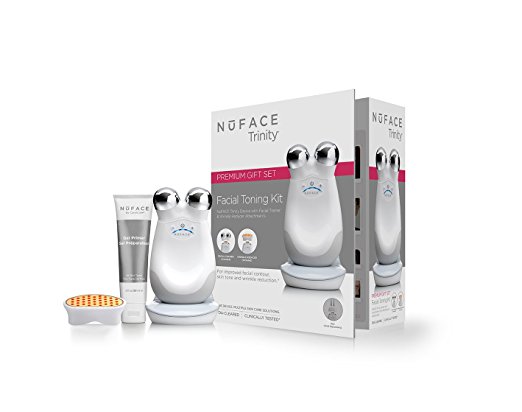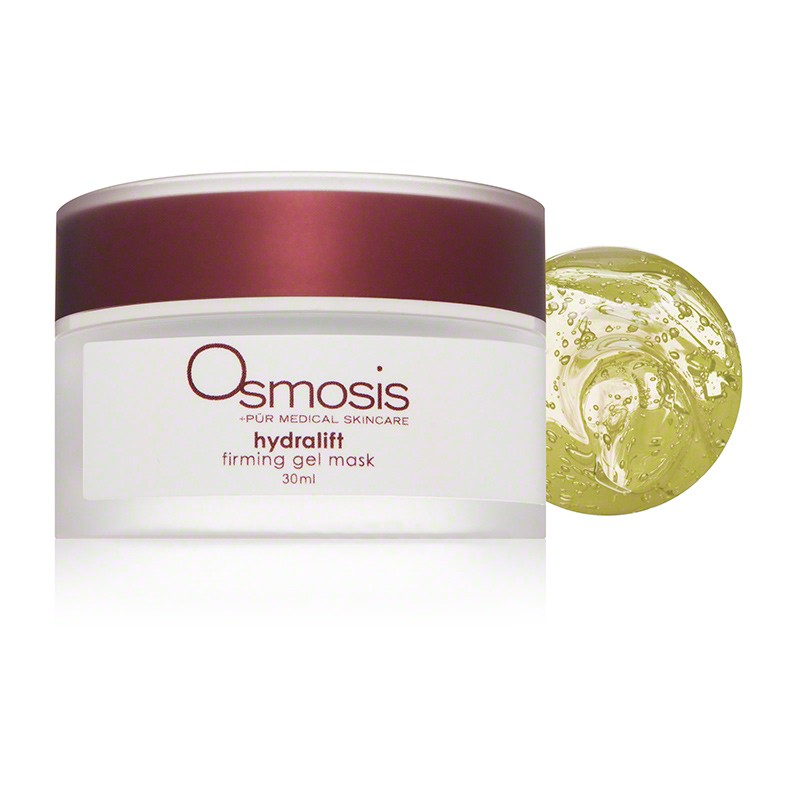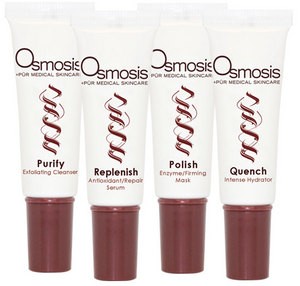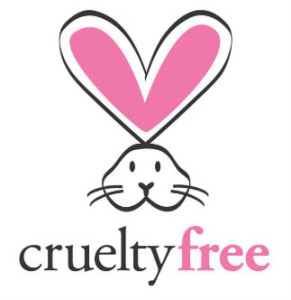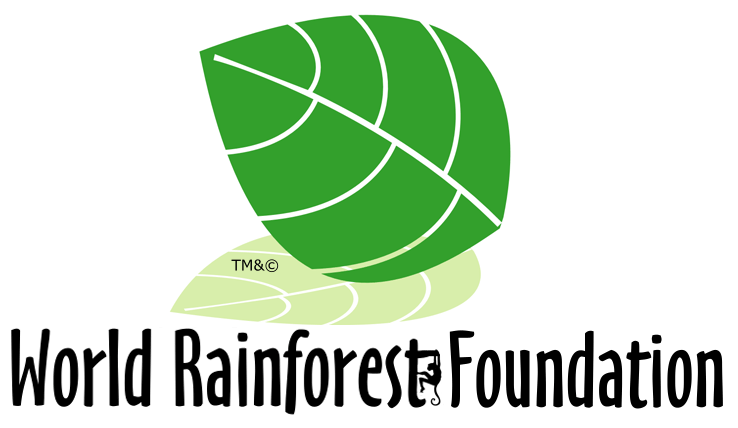Nature’s Form New African Black Soap
Hello everyone, we wish to thank you for tremendous support from all of us at Isabel’s Beauty Blog. We have so much gratitude by such a huge support from the followers. It helps us keep going and getting feed back from people all over the world is such a heartfelt experience for us, thank you.
Here in week 216 we are sharing a product that not only supports the economy for a community in a country where there is a lot of need for this, at the same time this is a product harvested, and made with community effort and that is something that I grew up with and know very well. Up in the Peruvian Andes where I grew up, we coexisted by community and team collaboration, and I really miss that. For me, making or doing anything as a team completes the whole, and this product has that from its many physical qualities to the many people and energy involved, very rich if you ask me. These people believe in their product and are many generations involved in the evolution of it. The company that we are sharing here is Natures Form we wish for you to give them a try and enjoy, pass it on to family and friends.
naturesform.net
Nature’s form is proud to introduce its first soap product, straight from Ghana, Africa! This totally natural, hand-made soap, brought to the US market from Ghana, Africa. This is the absolutely real thing. Based on an age-old recipe and having stood the test of time, with many claims of healing and renewing skin challenges making the skin glow as a result of its exfoliating properties we are proud of our find.
The soap is made by first drying the skins of the Plantain fruit to precise texture usually in the hot African sun. The skins are then roasted in a clay oven to achieve a particular color, texture and fragrance.Naturally, all Black soaps contain Cam Wood, which scientifically is known as Baphia nitida. If you are Nigerian ‘Osun’ might ring a bell because that is what it is called in Yoruba language. Cam wood is a skin dye that treats skin issues, like ring worms, among others; and gives Black Soap its characteristic black color.The longer they are dried the darker the color of the soap. Next, this base is carefully mixed with palm oil and palm kernal oil. Generous amounts of Ivory Shea Butter are then mixed in also at this time in the process. The soap is then hardened by being put into molds and left in the African sun to harden. Then it is packaged into air-tight bags in Africa to preserve its centuries old cleansing and medicinal power( Shea Butter is a natural sunscreen aside from many other qualities).
- Handmade, organic, all natural ingredients with Shea Butter
- Authentic age-old recipe from west Africa
- 3-pack in a slick plastic case for easy and secure storage of unused bars
- Safe and beneficial for all skin types
- Improves Skin Tone
- Fades Skin Discolorations
- Reduces Inflammation and Skin Irritations
- It’s an Effective Exfoliant
History of African Black Soap
Acording to: http://naturesform.net/history.html
African Black Soap is very familiar to many people of African descent for its skin care benefits. It has been known to soothe skin irritations and skin complications from simple rashes to contact dermatitis and psoriasis, as well as fading skin discolorations and evening out skin tone, among many qualities.
The Nigerians and Ghanaians society have used black soap for centuries for bathing and for reducing body odor, and as well for shampooing the hair, not only they use it to cleanse, but also to alleviate scalp itchiness and irritation, and other scalp conditions.
It is used to relieve oily skin and certain skin conditions, such as acne and eczema. Now a days is many combinations with black soap that makes it suitable for all types of skin.Women used black soap for skin care during and after pregnancy to keep from getting dry skin, stretch marks and other skin conditions caused by hormonal changes.
The same women who make black soap choose to use only black soap on their babies, as its purity makes it gentle and non-drying for babies’ sensitive skin. In fact, black soap is generally the only soap used in most Western African countries.
Origins of “The Black Soap”
Yoruba women
African black soap or Ose dudu originated with the Yoruba people in Nigeria and the Yoruba communities in Benin and Togo. The Yoruba words ose (“soap”) and dudu (“black”) literally translates to “the black soap.” It is also called anago samina in Ghana. (Anago is the name of a Yoruba sub-group in what is now Republic of Benin). Samina means, “soap” in the Twi dialect of the Akan language.
Another name for the soap, Alata samina, is now used throughout Ghana. Alata means “spicy” in Yoruba. According to an article on the Shea Radiance site, it is believed that Yoruba traders, specifically women traders, who sold tomatoes and peppers, introduced black soap to Ghana.
These women were called “Alatas” (pepper traders) and alata samina was a term coined by the Ghanaians that meant “the pepper traders soap.”
Yoruba women had an important and unique role in agriculture in pre-colonial Yorubaland. They were responsible for processing raw farm produce into finished goods for trading. This included harvesting produce from trees and they also tended to the gardens where vegetables and fruits, such as peppers, were grown. They were also responsible for selling the produce, including black soap.
Different kinds of Black Soap Recipes
Traditional black soap was typically a mixture of water and the ashes of plantain skins, cocoa pod powder and palm oil. Other recipe blends can include the ashes of palm leaves, or shea tree bark, and a combination of palm oil, coconut oil, shea butter or tropical honey.
Village women in western Africa are still handcrafting black soap. According to Africa Imports there are more than 100 varieties of African black soaps. Recipes have been passed down in families from mother to daughter. Ingredients can differ by region and each batch can be unique. Age-old formulations and production methods make a big difference in the final outcome of the soap.
How black soap is made
African Black Soap is made by drying Plantain skins to precise texture in the hot African sun. The skins are then roasted in a clay oven. This base is mixed with palm oil and palm kernel oil to result in the finished product. This “play-dough” like soap is then packaged into air-tight bags in Africa to preserve its centuries old cleansing and medicinal power. When ready, this is mixed with generous amounts of Ivory Shea Butter. The soap is then hardened by being put into molds and left for days in the African sun to harden.
How To Use Black Soap:
According to: http://blackdoctor.org/449133/qa-what-are-the-benefits-of-black-soap/2/
To prevent dryness, wash and rinse skin with cool water to help skin retain more moisture and use a lightweight, non-comedogenic (none clogging for the pores) moisturizer after use, soap used on a regular basis without proper moisturizing can dehydrate certain skin.
Because raw black soap contains high concentrations of fats, waxes and fat-soluble vitamins, but no lye, beware of high concentrations of chocolate and/or caffeine that some companies use to produce their product. Also be cautious of high concentrations of latex from the plantains, palm oil and/or coconut oil that still are included in certain recipes.
African black soap is great for oily and acne prone skin. It’s efficient for deep pore cleansing because of its natural exfoliating qualities. For some oily skin types it seems to keep the skin hydrated without increasing oil.
In bar form, black soap is softer than most soap and may look like food to a child or pet, so be careful to store it properly,preferably in a cool dark cabinet away from their rich. It’s also typically a shade of brown, instead of black. It has a high glycerin content and absorbs water easily, so it should be stored in a plastic bag or dry area away from the tub and shower so it doesn’t deteriorate quickly .
Because black soap formulations vary, users may have different results such as overdrying or tingling. If you experience any unpleasant effects, use soap less often or less soap at each cleansing Fortunately this is not the case of Nature’s Form black soap. A marble-sized ball is plenty to wash the face.
When using raw bar soap, work it up in your hands to make sure there are no whole particles of tree bark or pods in the bar that can scratch or tear skin. Apply the lather to your face with fingertips and gently rub it in.
To avoid or reduce any unpleasant effects, do not leave the soap on your face for a long period of time.
Black soap is suited for any skin ethnicity, can be used daily and is excellent for washing away makeup. If you are caffeine-sensitive, you might test the soap on the inside of your arm because it’s derived from cacao pods, which contain caffeine and can be absorbed through the skin. Also, if you are extremely latex-sensitive, shea butter contains small amounts of naturally occurring latex.
When exposed to air, black soap can develop a thin, white film. This is not mold, and the soap may still be used.
African Black Soap For Acne
According to: http://simonedigital.com/how-to-use-black-soap-to-get-clear-acne-oil-free-skin/
When you first pick up the soap, you’ll notice that it’s firm but not hard like traditional most soaps and if you drop it, it will easily crumble into large chunks. when you wash with it, black soap goes to work by penetrating the skin to remove impurities. it may not always remove existing acne, instead it helps to prevent excessive oil production and bacterial growth which help to create acne in the first place. because of this, when you use black soap you may experience “purging” where it seems like your skin is getting worse, not to worry it is just clearing the skin from inside out.
DON’T OVER EXFOLIATE please CHECK YOUR USAGE
Though many black soaps have a lower pH between 7 and 8 in comparison to traditional soap (our skin is around 4 to 5), using black soap is like getting a mini peel with each use. because of this, many people cannot use this soap everyday. The best usage is two to three times a week. Don’t scrub harshly with it, using authentic fair trade soap, and pay close attention using it around our nose, mouth and eyes, these are sensitive areas where the skin is thinner and more delicate. just a little pressure is all you need to have smooth skin, that is like getting a microdermabrasion.
USE IT ON YOUR BACK BREAKOUTS
Black soap is great to use for back breakouts, it helps to clear bacteria causing acne on your face, it does the same for your back and because the skin on your back is thicker, you don’t have to worry about the over usage ( keep in mind that everyones skin is different, use your instinct here, you know if your skin is sensitive).
TRY IT FOR ECZEMA & PSORIASIS
The natural fats in black soap from the coconut and palm oils help to relive tight, itchy and dry skin and the iron, vitamin A and vitamin E help to promote healthy moisturized skin.
African Black Soap Benefits
African Black Soap Healing Properties
African black Soap is known to help cure and resolve a wide range of scalp and skin conditions such as eczema, psoriasis, rashes, dandruff, dry and itchy skin, insect bites, bumps, cuts and wounds caused by various skin conditions. The vitamin E in the soap is largely apart of why this soap is so effective at treating and healing such conditions. This soap is rich in Vitamin E, which aids in the healing process and keeping scalp and skin bright, healthy, rejuvenated and clean. It also keeps your hair shiny, soft and moisturized.
African Black Soap Moisturizing Properties
Black Soap is great at keeping your hair moisturized because it contains a high amount of glycerine. Glycerin absorbs moisture right from the air and applies it right onto your hair and scalp. Glycerine keeps the moisture in your hair, which keeps it soft, malleable, and strong. Moisture keeps our hair from being dry, weak and brittle, which contributes to hair damage and hair loss aside from the natural oils that it contains.
African Black Soap Cleansing Properties
Black soap is a gentle exfoliator that gives our scalp a deep clean, which is essential for keeping our scalp cleansed and stripped of any debris that may be clogging the hair follicles and pores, yet keeping our skin nourished. It removes excess oils from the scalp and hair, without removing essential natural oils in our scalp and on our hair, which keeps the moisture in our hair and reduces dryness and damage.
Top 10 Benefits of African Black Soap
According to: http://blogs.naturalnews.com/top-10-benefits-african-black-soap/
1. Acne treatment: Useful in preventing the formation of acne pimples, also suitable for all skin types.
2. Skin Firming: Improves skin tone/texture by firming and toning skin.
2. Natural Astringent: Removes excess oil from skin without over drying.
3. Help Skin Conditions: Very beneficial for reducing inflammation and discomforts that are associated with skin diseases like psoriasis and eczema.
4. Hair Benefits: Black soap has high moisturizing properties that embraces the detangling task; with assistance from shea butter and coconut oil, softness is added without stripping or damaging the hair.
5. Anti-aging benefits: Regular use of black soap helps to remove facial lines, and promotes younger looking skin with anti-aging benefits.
6. Antioxidants: Loaded with antioxidants that help to protect the skin from sun damage, and free radical, also good for preventing cancer cells.
7. Lightens Dark Spots: Helps to even skin tone from spots and discolorations.
8. Kills Germs: Anti-bacterial and anti-fungal properties
9. Prevents Stretch Marks: Women in Africa use black soap during and after pregnancy to keep from getting dry skin and stretch marks.
10. Pure & Natural: Unlike many soaps on the market; black soap is 100% natural/vegan, and contains no preservatives, color enhancers, or fragrances.
To purchase
Nature’s Form New African Black Soap
Click the image or link below
Organic African Black Soap with Shea Butter Natural aide for psoriasis, Dry Scalp and Skin, Eczema, lightening and whitening, Dermatitis and Acne, by Nature’s form. Safe and therapeutic
London Times Sleeveless Keyhole Halter Maxi
- Enjoy your style with the Sleeveless Keyhole Halter Maxi.
- Poly-blend fabrication features an eye-catching print throughout.
- Round halter neckline.
- Sleeveless design.
- Back-button loop closure with key-hole design.
- Full dress with pleating.
London Times Long Sleeve Printed Shift
- Flaunt a beautiful feminine figure in this beautiful sheath print dress.
- Bateau neckline.
- Long sleeved construction.
- Straight hemline.
- Beautiful intricate design throughout.
Free People Festival Scarf Print Duster
- Bohemian mixed-print cardigan is fabricated from lightweight rayon.
- Shawl collar and open design.
- Long sleeves with slits.
- Relaxed silhouette.
- Handkerchief hem.
Free People Cotton Noyal Counting Stars Tunic
- This easy tunic is a worldly top that will add bohemian flare to your wardrobe.
- Intricate indigo colored embroidery and latter stitching featured throughout at trim.
- Relaxed, tunic shape.
- Henley style collar with tassel drawstring details.
- Three-quarter draped kimono sleeves with dropped shoulders.
- Straight mid-thigh hemline.
